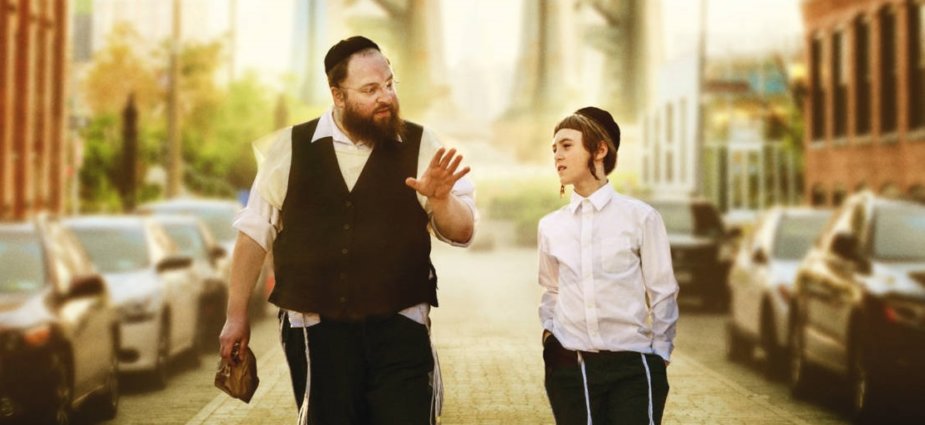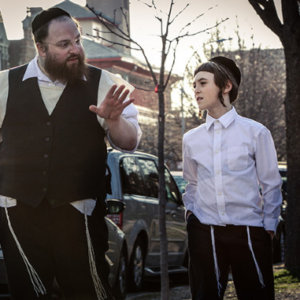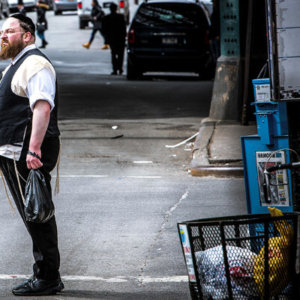Menashe investigates the universally understood themes of familial love and struggle. At its heart, the film explores the push and pull of love and tension between father and son.
Menashe (Menashe Lustig) is a widower attempting to overcome tradition’s demand that children be raised in a two-parent home. As Menashe is single, his son, Eizek (Yoel Weisshaus), lives with his uncle.
Throughout the film, Menashe desperately reaches out to Eizek. True to reality, while some of Menashe’s efforts are parenting triumphs, many of his attempts fail. Menashe’s characters are refreshingly sincere, as they move away from stock-standard Hollywood troupes.
The authenticity of the film’s father-son dynamic is credited to Lustig and Weisshaus. Lustig truthfully embodies a hapless man with a good heart; Weisshaus is at home in the role of a young boy, torn between two households.
The film’s devotion to realism is informed by director Joshua Weinstein’s background as a documentary filmmaker. Shot with a handheld camera, the audience is drawn into Menashe and Eizek’s most intimate interactions.
The film’s light, unobtrusive score intensifies these moments, without distracting from the action onscreen.
Deviating from a conventional linear narrative, Menashe and Eizek’s relationship does not follow an easy trajectory, because reality rarely works in straight lines. Instead Menashe is a character study, allowing the audience to witness the mismatched ups and downs which Menashe and Eizek endure.
Weinstein unravels Menashe and Eizek’s story and leaves it on a loose thread. The film’s ending poses questions rather than answers, reflecting the reality that no relationship ever remains static.
Readers also enjoyed this review of The Darkest Hour.












